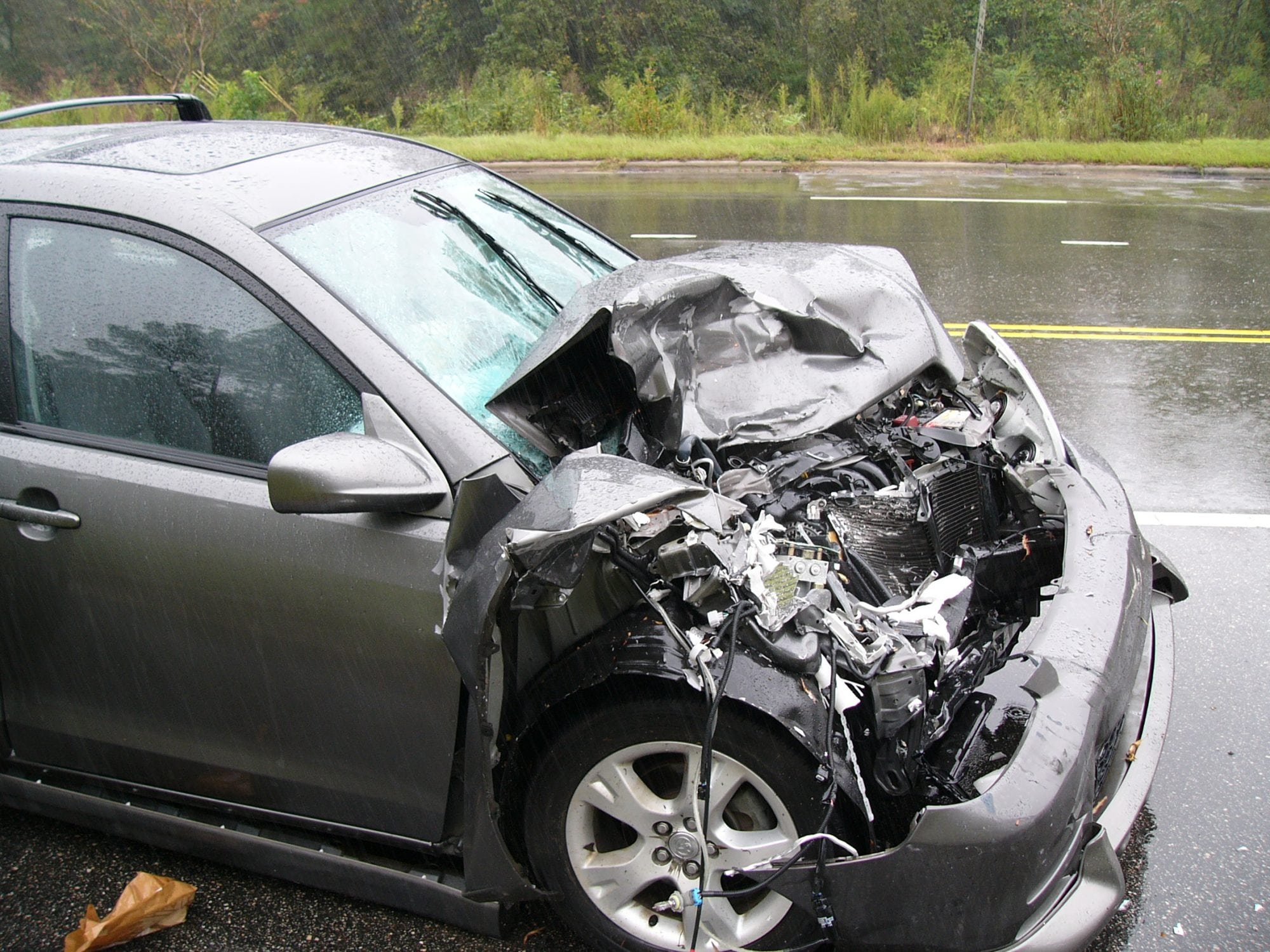Car accidents are a relatively common issue in today’s modern world. However, it doesn’t lessen the severity of the impact that injuries and deaths have on the victims and their families.
Fortunately, not all car accidents have to end up with someone being maimed or dying. You may have been lucky enough to just experience a minor bump on the road with another driver, which can be settled by exchanging contact information and the name of your insurance company.
Nonetheless, you should always remain mindful and careful when driving to avoid injuring yourself and others. Being alert on the road can also help you steer clear of hefty medical bill payments, car repair costs, and lost income.
The Stats
According to attorney Mark Bryant of Louisville, KY, the top two causes of car accidents are distracted driving and driver fatigue. Driving under the influence (DUI) of alcohol or drugs also contributes to the number of people who get injured or die due to automobile collisions.
The state of Kentucky saw an increase in the number of highway traffic fatalities last year, but it was only slightly higher than the statistics from 2018. There were about 158,000 reported collisions two years ago, and 670 cases that ended up with a fatality.
In a report published by the Kentucky Transportation Cabinet, 124 people were killed in alcohol-related collisions in 2018, while 2,406 sustained injuries. Meanwhile, an observational survey that the same department conducted found an increase in safety belt usage—89.9% of drivers and passengers wore seatbelts, which is 3.1% higher in 2017.
Tips To Prevent Car Accidents
Wearing safety belts is one of the best ways to avoid getting serious injuries while you’re on the road. There are also other things that you can do, such as:
- Having The Right Mindset
More than acquiring the necessary skills and technical knowledge about driving, you must have the right attitude as well. You have to accept that the ability to drive is both a privilege and responsibility. It allows you to go around town with ease and run errands without having to commute. However, you also have a duty to take care of your passengers and other drivers who are with you on the road.
Driving is not the time to let your emotions run wild. You must practice calmness and patience when navigating through traffic.
- Knowing The Rules And Regulations
You should also become familiar with the traffic rules in your state or city. Some of these legislations were passed because the issues might have become recurring. Understanding road regulations can motivate you to obey them and keep safety at the forefront of your mind.
One of the top things to remember is that you should never drive when intoxicated. Even a single shot of alcohol can impair your judgment and motor skills, so better stay on the safe side and leave your car if you plan on drinking with your family or friends.
Some traffic factors that the Kentucky Transportation Cabinet highlighted are:
- Right-Of-Way – Remember that the vehicle reaching the intersection first in a four-way, three-way, or two-way stop must go ahead and make the turn. If two vehicles arrive in an uncontrolled conjunction at the same time, the driver on the right has the right-of-way. Automobiles turning left must also recognize that vehicles going straight or turning right must go first.
- Skid – This brake issue can harm you, your passengers, and other drivers. If you feel your car tilting sideways, steer toward the direction that you want to go so that the vehicle’s front will align with the back. Once it has begun to straighten, turn the wheel back gently to avoid skidding in the opposite direction.
- Vision – Maintain a gap of a few meters between your vehicle and the car in front of you. This way, when the driver encounters problems ahead, you have enough time to respond correctly. Make use of your signal lights as well before making a turn to notify other drivers of your intention.
- Inclement Weather – During winter, make sure to clear your vehicle of snow, ice, or frost, especially in the headlights, taillights, mirrors, and windows. Driving on slippery streets is a completely different experience than regular driving. Keep your speed low since your tires can’t grip the road as well as when it’s dry.
- Adjustments – Before heading out, you have to make the necessary adjustments to your mirrors and seating. A crucial factor to remember is that your chest must be at least 12 inches away from the steering wheel to give space for the airbags to open without hurting yourself from the pressure.
- Maintaining Your Car
Ensure that your tires have the right pressure and air volume before taking your car out for a spin. It should be clear of mud or any other debris that can hamper its traction on the pavement.
Perform basic engine maintenance, such as changing oils and fluids, regularly. You should also send it to your trusted mechanic for in-depth upkeep at least once a quarter to avoid sudden stalls or other vehicle problems.
Your car may also have additional safety features, like auto-braking, head-on collision warnings, and adaptive headlights. Know these functions and make sure that the equipment involved is well-maintained.
- Minimizing In-Car Distractions
New drivers might want to limit the number of passengers to two or three people. Distractions inside the car can play a role in road accidents. You should also refrain from using your phone when driving. If you really have to take a call or send a message, it’s better to pull over at the side of the road and resume driving once you’re sure that you can focus on the task of getting to your destination safely.
Conclusion
Car accidents are a relatively common occurrence. However, it’s also one that’s preventable as long as everyone on the road cooperates with each other. Follow the tips on how to avoid car accidents to keep you, your passengers, and other drivers safe.








